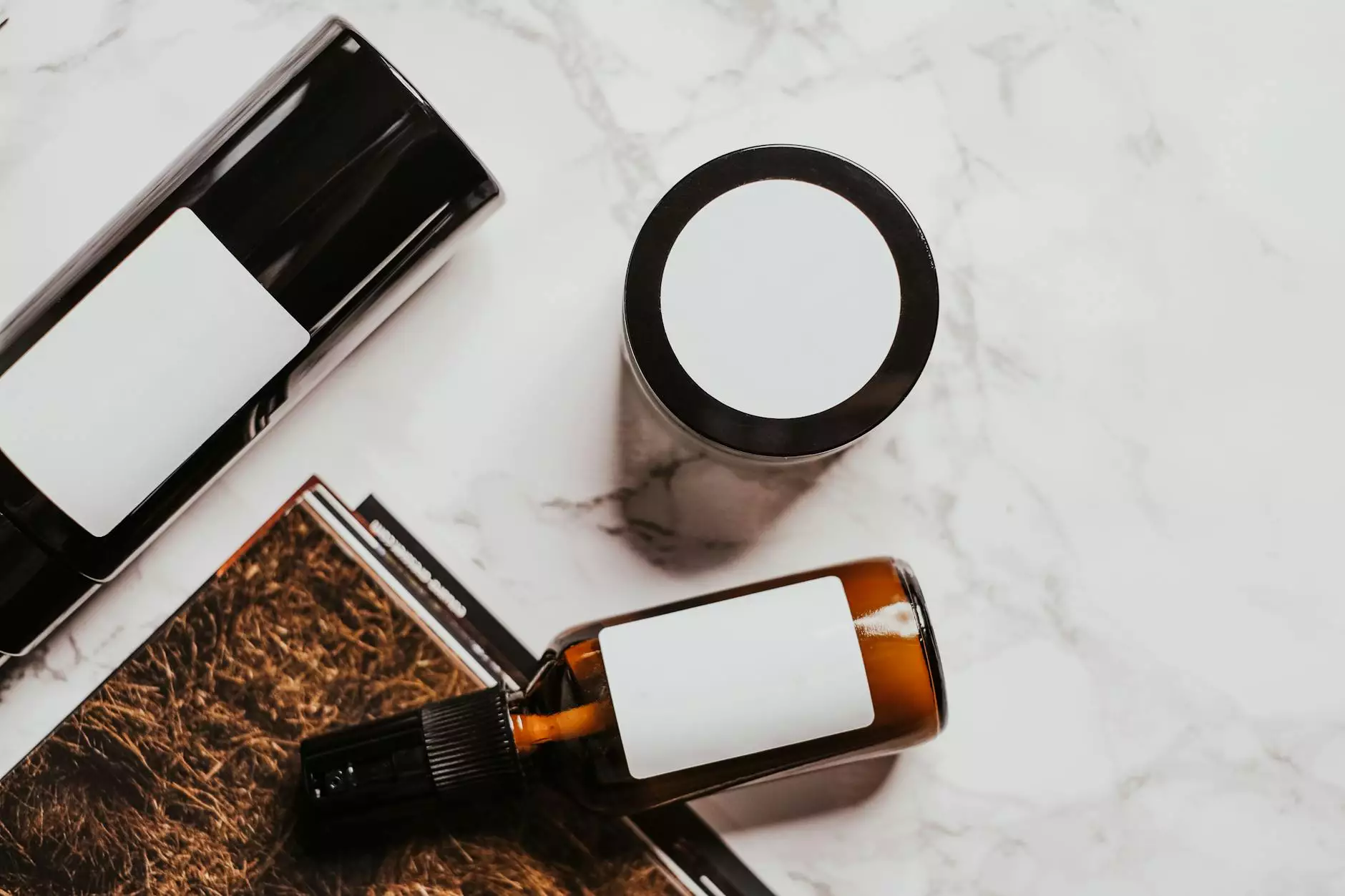The Ultimate Guide to Horse Injections

Maintaining the health of your horse is paramount for any equestrian enthusiast or professional jockey. Among the various aspects of equine healthcare, horse injections play a crucial role. This detailed guide examines the types of horse injections, their benefits, and some important considerations for horse owners and trainers alike.
Understanding Horse Injections
Injections are one of the primary methods of delivering medication to horses, and they are often necessary for vaccination, pain management, and treatment of various medical conditions. The time-tested approach of using injectables not only ensures the quick absorption of medications into the horse’s system but also facilitates precise dosing.
Types of Horse Injections
Horse injections can be classified into several categories based on their purpose and the method of administration:
1. Vaccination Injections
Vaccines are vital to preventing diseases that could severely affect a horse’s health. Regular horse injections for vaccinations help to develop immunity against common equine diseases such as:
- West Nile Virus
- Eastern and Western Equine Encephalomyelitis
- Tetanus
- Equine Influenza
- Strangles
Keeping an updated vaccination schedule is crucial for all horse owners to ensure optimal health and longevity.
2. Therapeutic Injections
These injections are administered to treat specific health issues. Common therapeutic agents include:
- Anti-inflammatories: To alleviate pain and swelling due to injury or infection.
- Antibiotics: Essential for treating bacterial infections.
- Joint Injections: Corticosteroids or hyaluronic acid injected into joints can provide relief from arthritis and other joint problems.
Always consult with a veterinarian to determine the appropriate treatment plan.
3. Nutritional Injections
In certain situations, horses might require additional nutrients delivered through injections. Nutritional deficiencies can lead to various health problems, and injections can effectively address these issues. Common nutritional injections can include:
- Vitamin B and C: Essential for energy metabolism and immune function.
- Electrolytes: To restore balance after intense exercise or illness.
Benefits of Horse Injections
Administering injections can offer several significant benefits to horses. Here are some essential advantages:
- Quick Relief: Injections allow for rapid distribution of medication throughout the body, providing faster relief from ailments.
- Targeted Treatment: Certain injections enable targeted therapy directly into affected areas, minimizing systemic side effects.
- Improved Compliance: In many cases, horses are more willing to accept injections compared to oral medications, ensuring compliance with treatment regimes.
- Enhanced Performance: Athletics horses can perform at their peak when pain and inflammation are managed effectively.
How to Prepare for Horse Injections?
Before administering horse injections, it is crucial to prepare properly to ensure the safety and well-being of your equine companion:
Consultation with a Veterinarian
Always seek the advice of a qualified veterinarian before administering any type of injection. A professional will assess your horse's health, recommend necessary injections, and teach you how to administer them safely.
Ensuring a Calm Environment
Administering injections in a calm and stress-free setting can make a significant difference. Ensure that:
- Your horse is familiar with the location.
- Minimize distractions and noise.
- Have a helper, if necessary, to hold or calm the horse.
Gather Necessary Supplies
Ensure you have all the required supplies before starting, including:
- The correct medication with clear labels.
- Syringes and needles of appropriate size.
- Alcohol swabs for sterilization.
- A sharps container for needle disposal.
Administering Horse Injections: Step-by-Step Guide
Once you've properly prepared, follow these steps to administer a horse injection:
- Restrain Your Horse: Use a halter and lead rope, and ensure the horse is secure yet relaxed.
- Clean the Injection Site: Use alcohol swabs to clean the area where you'll inject.
- Draw up the Medication: Use the syringe to draw up the correct dose of medication, ensuring there are no air bubbles.
- Inject: Insert the needle quickly and smoothly at the correct angle (typically 90 degrees for intramuscular injections). Pull back slightly on the plunger to check for blood, then inject slowly.
- Dispose of the Needle Safely: Place the used needle in a sharps container immediately after use.
- Reward Your Horse: Provide treats or praise for good behavior following the procedure.
Post-Injection Care
After administering an injection, it’s crucial to monitor your horse for any adverse reactions, which can include:
- Swelling or pain at the injection site.
- Behavior changes or signs of distress.
- Fever or signs of allergic reactions.
If you notice any unusual symptoms, contact your veterinarian promptly for guidance.
Common Concerns About Horse Injections
Many horse owners have questions or concerns when it comes to horse injections. Here are some common inquiries:
Are Injections Painful for Horses?
In general, injections can cause some discomfort, but when done correctly, they should be quick and as painless as possible. Always use the correct technique and gauge size, and ensure to give sufficient calming to your horse.
How Often Should My Horse Be Injected?
Injection frequency depends on the vaccine schedule or treatment plan laid out by your veterinarian. Some vaccinations are annual, while others may require biannual or more frequent administration.
Can I Administer Injections Myself?
While many horse owners feel comfortable administering injections, it is always advisable to consult with and receive training from a veterinarian, especially for first-time attempts.
Conclusion: Taking Charge of Your Horse's Health
Horse injections are an indispensable part of equine healthcare, offering numerous benefits from vaccinations to therapeutic treatments. Understanding the different types of injections and the proper methods for administering them can help you maintain your horse’s health and enhance its quality of life.
For more information about horse healthcare and access to top-notch products and services, visit Racehorse Med Care. Your horse deserves the best care possible, and by staying informed and proactive, you can provide just that.
Copyright © 2023 Racehorse Med Care. All rights reserved.









